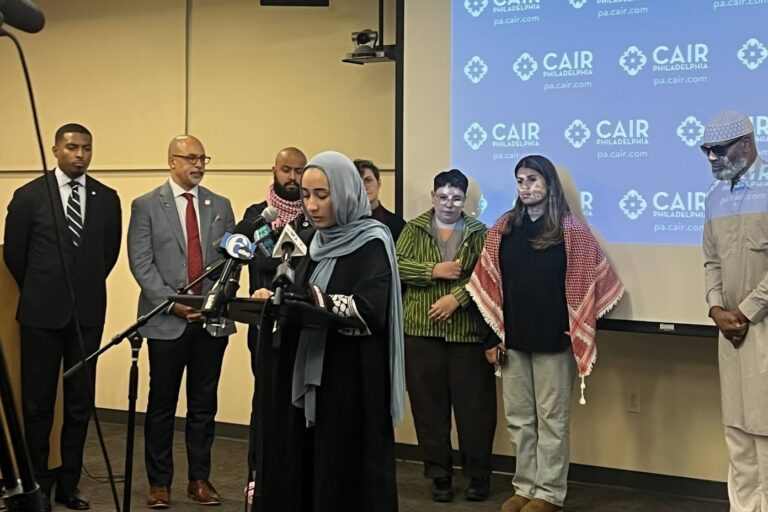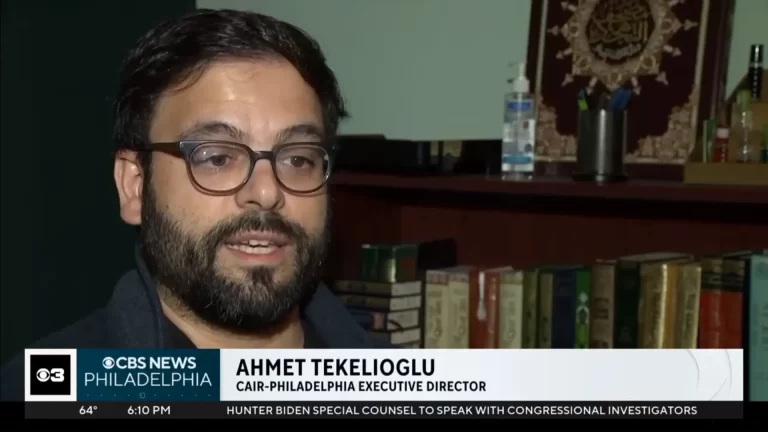
by Albert Stumm
Philadelphia Daily News
Her life was on the line, and in one moment, there was an opportunity to run.
It didn’t take long for her to get caught, but in the end, that break for freedom saved her hide – literally.
Nearly a week after bolting from an Upper Darby slaughterhouse, a cow has been spared, destined to spend the rest of her life in a New York animal sanctuary.
“Certainly, a cow that escapes its death and is running for its life and makes it out of a slaughterhouse facility is worth saving,” said Elissa Katz, an animal-rights maven working on behalf of Animal ACTivists of Philly, which led the charge to save the cow.
The deal was made only after Katz connected with a Muslim-rights group to work on behalf of the butcher shop, and both got the state Department of Agriculture to waive regulations forbidding the sale of animals bound for slaughter, and other rules.
The cow will spend about two weeks in quarantine then be tested for diseases like tuberculosis and blue tongue before she’ll be cleared to cross state lines, said Nicole Bucher, a spokeswoman for the Agriculture Department.
Before the bovine brokering was complete, the mood wasn’t quite so cooperative.
Members of Animal ACTivists of Philly thought they had struck a deal Wednesday night to buy the cow, only to be turned away the next morning when they showed up at Madina Live Poultry with $800 and a trailer.
That led the activists to file a lawsuit against the butcher shop claiming breach of contract and to call 9-1-1 alleging animal abuse.
The tension began to unwind once Katz contacted Moein Khawaja, executive director of the Philly chapter of the Council on American-Islamic Relations.
“I called him out of the blue,” said Katz, who is a vegan. “This would not have happened without him.”
Khawaja, who named the cow Casper for its white coat, said he appreciated the passion the animal lovers showed but that Madina’s owner was only following the rules about the sale of livestock by a slaughterhouse.
“The matter was that the owner had always intended to follow laws and regulations and he felt there was a conflict with the Department of Agriculture,” said Khawaja, who has been communicating with the owner, Sultan Bhuiyan, as he visits family in Bangladesh.
He called Bhuiyan “a good guy” and Katz credited him for his compassion in giving up the animal for free.
Even as talks were in progress, the activists zealously defended their position.
“We don’t want to p— him off because he’s willing to negotiate,” activist Kim Slama said before the deal was announced. “If he keeps negotiating, we’ll call off the troops, but if they kill the cow, then that’s it.”
Her cohorts may have something to worry about. Slama said that a man from the sanctuary rounded up a chicken that had gotten loose and took it back to New York.
That’s not allowed.
“If it was destined for slaughter, that would be something that would need to be quarantined just like the cow,” the Agriculture Department’s Bucher said. “We can bring that to the attention of the regional veterinarian and have them look into it.”





